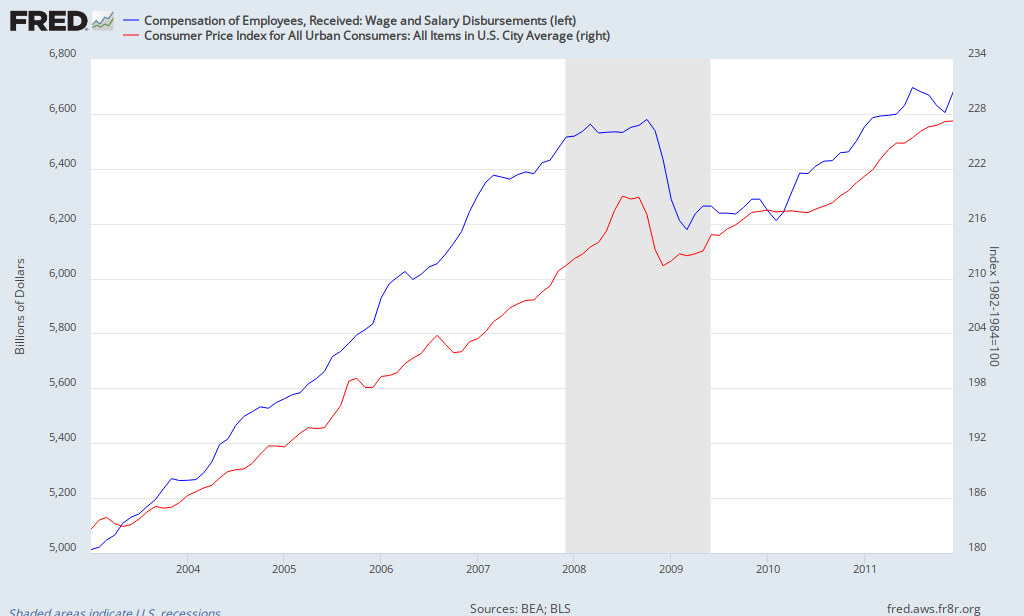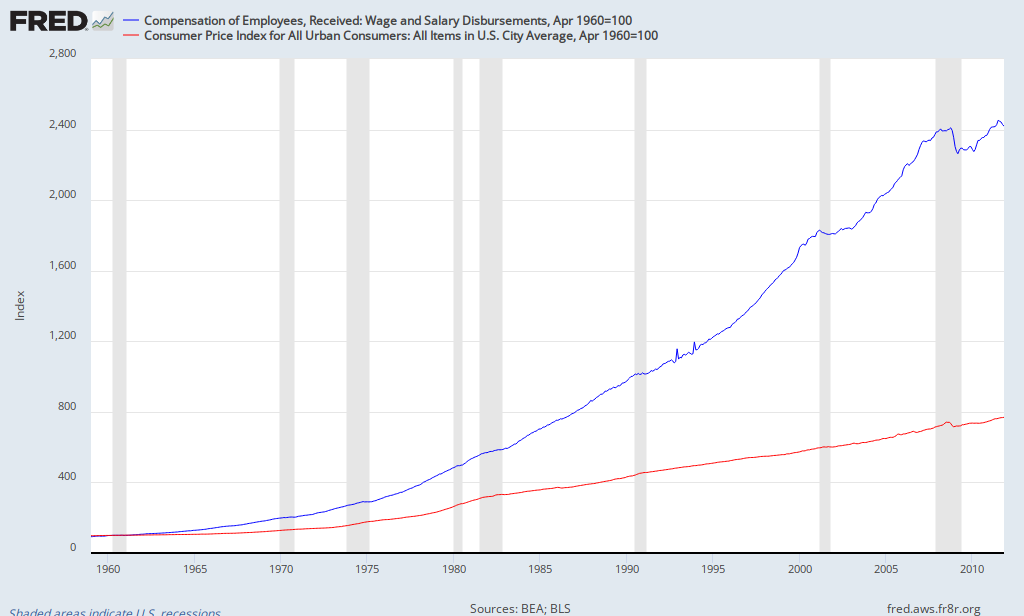Oddball
Unobtanium Member
And -surprise, surprise- a representative of Chase Manhattan was among the inner circle that created the Fed...A group which also included a rep from National City Bank (Rockefeller), now known as Citigroup, which got bazillions in bailout dough.And the other fail in your post is the JP Morgan part. I suppose you're unaware of JP Morgan's primary role during the 2008 collapse, where they backstopped much of the failure in the financial marketplace. And if it's not Morgan taking on these roles, it's Goldman.
Hmmmm...


